The Amazon Ablaze: An Interview with Conservationist Paul Rosolie
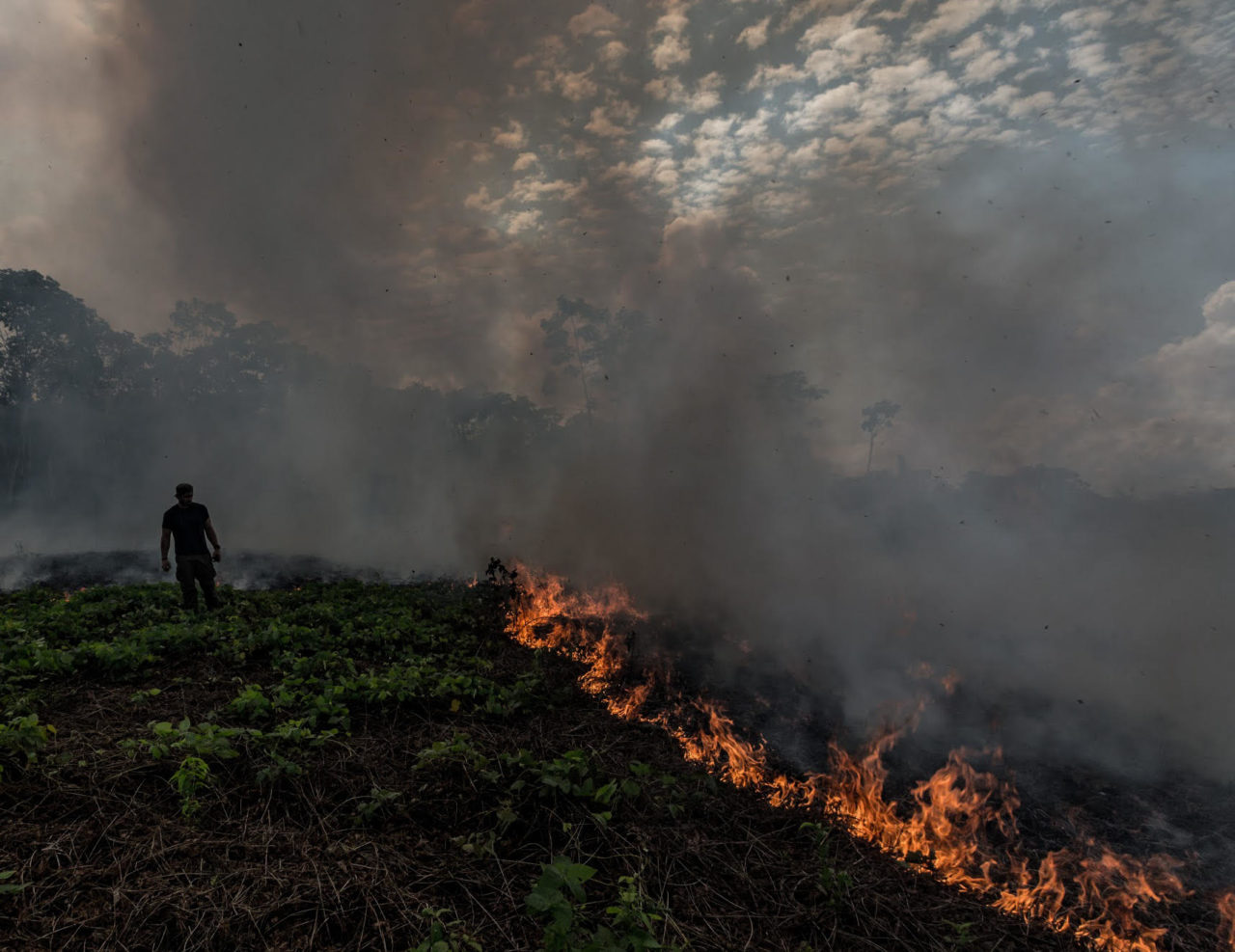
Billowing black smoke fill the skies of San Paolo, so thick, it blocks out the sun. Apocalyptic imagery fills our social media news feeds and dominates our TV screens, and finally the world has taken notice and is in an uproar over a problem that has been happening for over a decade. The Amazon is on fire. The rainforest is burning. The jungle is dying. Trees are in flames as animals run for their lives with nowhere to go. But this has been going on for years—why is the world only hearing about this now? How did we get here? What caused this? How do we stop it?
Conservationist Paul Rosolie has spent the last 13 years on the ground, protecting the Western Amazon on the border of Peru, with his organization Jungle Keepers. He has been witnessing the devastation that these fires cause every year, and this isn’t even a record year for Amazon burning.
Born in Brooklyn New York, Rosolie always felt a strong connection to animals and nature. He dropped out of high school after his sophomore year, got his GED, and went right to college. Since then, he has made it his mission, to save the beautiful and fragile ecosystem of the rainforests, which he regards as being the lungs of our earth.
What came first? The chicken or the egg? Did the fires start because of the of slash and burn agriculture, or did the fires start because the dry season has begun?
Fires are a natural part of a forest’s ecosystem, and that is true if you’re talking about the western US. It’s not true if you’re talking about the tropical forests of the Amazon. The farmers all over the Amazon, in all those different countries, wait all year long to cut the trees, and once the whole forest is laying down, they let the trees bake in the sun, which is very intense, and then they set fire to it. So, this is still the beginning of the dry season, it could get a lot worse.
So, were these fires caused by the beef industry?
The truth is, 60 percent of the Amazon was cut down because of beef production. So, by reducing the demand for beef, we can help with Amazon deforestation. Now with that being said, I personally don’t believe that becoming a vegan will solve all our problems. I do believe in more organized land use.
But what do you say to someone who is eating beef, only because it’s a cheap and accessible food source?
First of all, the people that are farming beef, are not the people causing the demand for it. Let’s start there. The demand for Brazilian beef is coming from China, the US, and European countries. The Brazilians on the ground, are not consuming the amount of beef that is going to completely deforest the Amazon. Therefore, it’s really about the decisions we are making in first world countries. We can say we are not going to support the corporations causing this. So, on a personal level, you can make a difference, by buying sustainably sourced meat, making sure your soy doesn’t come from the Amazon, and making sure your other healthy vegan products don’t have palm oil in them.
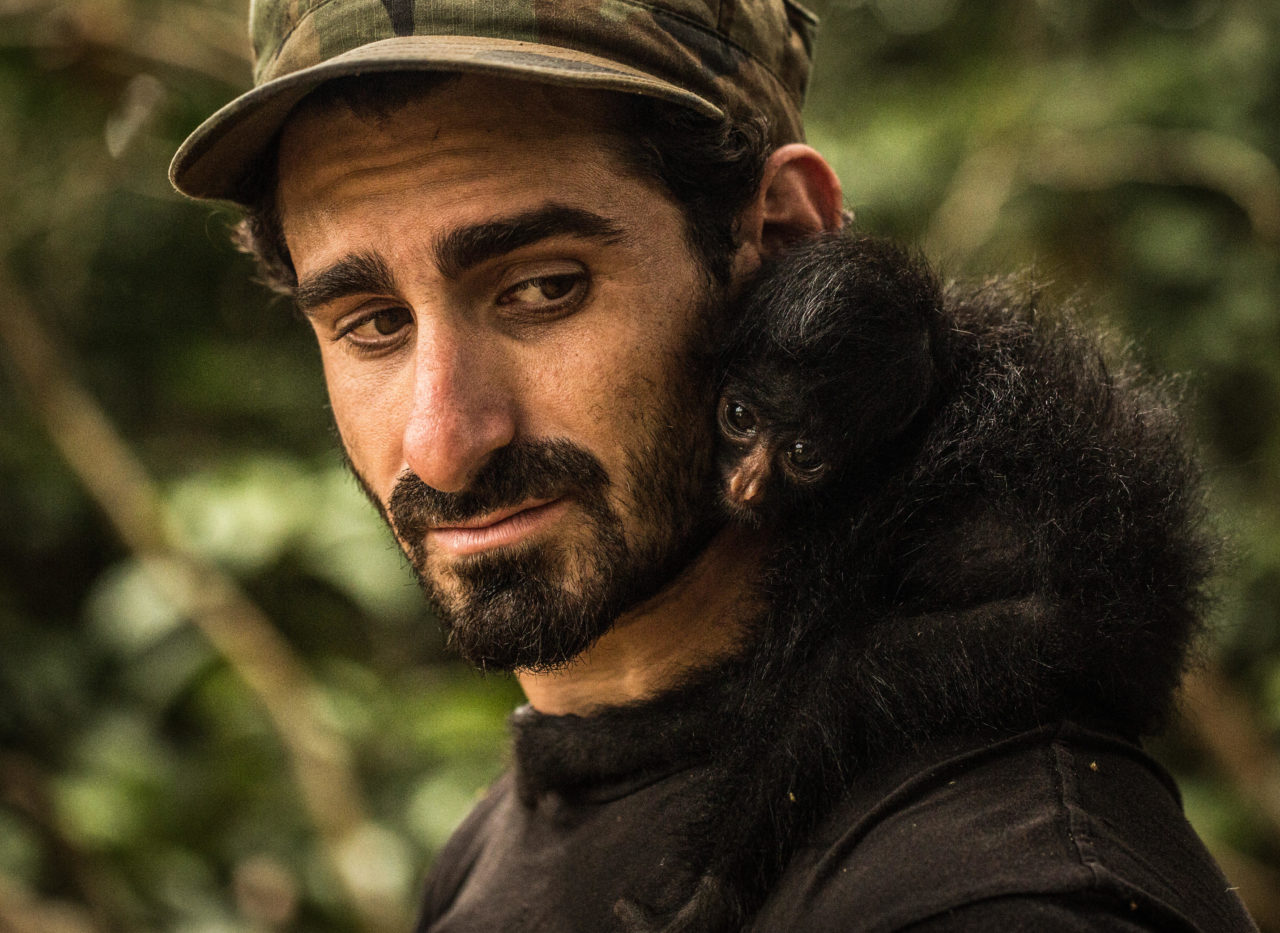
How do these fires affect the local and indigenous communities?
For everybody, including you and me, nothing is going to get in our way of taking care of, and providing for, our families. For these local people, a lot of the time, slash and burn agriculture is the only thing they have access to, and the only thing they know about. So, what they do is cut down the rainforest and farm on it. But what they often don’t realize, is that rainforest soil, especially in the Amazon, has almost no nutrients in it. Once you burn the forest, you only have a few years of crop production, and then you have barren land, and you have to burn more. So, it’s a completely unsustainable from its inception.
But what I have been working on for the past 13 years, is finding alternatives. Money talks, and that’s not a bad thing. It doesn’t mean the world is a sick place. People need to survive, and we live in an economy. For instance, what I do, is employee people to be cooks, guides, and boat drivers for eco-tourism. We bring people to the jungle. I employee ex-miners, loggers, poachers and farmers—all kinds of people. And they have more fun doing it and make more money, so it’s a win-win situation for everybody.
In regard to the indigenous people, they have emerged as the best way to achieve conservation. All over the world, maybe 20 years ago, there was an almost exclusive western view of conservation, that keeping the people out of the forest was needed in order to save it. We are realizing that’s not how it should work. It’s not fair and it’s not just. The indigenous people are the ones that are most acutely aware that the ecosystem is providing their livelihood, so they are the ones the most invested in protecting it. When a mining company comes in, if there are just some local people who just moved there from another part of the country, they are probably a lot more likely to sell off rights to the land to make money. Whereas indigenous people, tend to be a lot more connected to the land spirituality and emotionally, invested in protecting their way of life. These people are our best bet.
What’s up with Bolsonaro rejecting the funding from Europe to put out the fires?
The issue with colonialism and Brazil goes back really, really far, that it used to be in the textbooks that we have to occupy the Amazon, so it’s not taken from us. Virtually every government in the world used the wilderness as a wasteland. As a place that’s regarded as not economically contributing to the wealth of the nation. With Brazil, they have this giant forest, and they thought ‘well if we are not profiting off of it, then what are we doing with our land’. For the international community, everyone is wondering, ‘what can we do, how can I help, we feel so helpless’. Well, we need to start electing leaders that understand the interconnectedness of the entire planet. That the Amazon is providing a fifth of our oxygen, and a fifth of our fresh water, and realize that matters for everybody. So, whether it’s providing a combination of penalties to Brazil for deforestation, as well as creating economic incentives, or just directly paying them for their ecosystem services, because they have this biological treasure that we all depend on, we can be helping them.
Do you really think there is enough awareness in the current global political climate, that the majority of people, will be able use their vote as a way to really make that change? Commit to a paradigm shift of attitudes and beliefs in order to make environmental conservation an issue that is imperative, and at the forefront of their decision making?
They absolutely can. Just the fact that we are already seeing that the pressures from social media having an effect. Bolsonaro would have never even dreamed of dispatching fire fighters if it wasn’t for all this international outrage. People have a voice, but people also feel powerless at the same time.
Take a look at Indonesia, where the forests are burning for palm oil. People have been holding corporations accountable, and people are saying ‘we are not going to buy your products anymore’. Nutella just came under fire for having a ton of palm oil in it, and people love Nutella, but people just said ‘ok well, we are just going to stop buying Nutella until you guys stop killing orangutans and elephants’. The companies respond to that, because it’s affecting their wallets. If we elect a leader in America, that is interested in the long-term viability of life on earth and people having healthy ecosystems, then we can—one hundred percent. Trade agreements and treaties don’ t take away anything from the voters, it actually benefits them.
I really truly hope so, because it seems to me, people only care when climate change or environmental disaster starts to affect, and have impacts, on their daily lives. What scares me, is by the time we start seeing those types of repercussions, it’s almost as if it means, it’s already too late. Out of sight, out of mind. It truly makes me believe, that these next 10 years are a crucial time for the future of our planet. Everything is going to come to a head very soon if we don’t start taking immediate actions.
There are two really important things I need to address here. First, we need to stop focusing on calling it climate change. When somebody says climate change, I have to quote research from NASA and all this intense stuff that people can’t smell, taste or touch. 50 percent of the world lives in cities, they are not even in touch with their natural systems. I rarely talk about climate change. I tour all over the country and the world, and I talk about measurable statistics and data that I can prove. The water crisis, that’s happening all over the world. The loss of biodiversity. The fact that we have lost 50 percent of all animals, on our planet, in the last 50 years—we are seeing mass extinctions. These are the type of things I talk about, because it’s proven, we have proven it.
The other thing, you were saying: ‘the next 10 years’. I truly believe, nature is the one thing, especially in the US, that shouldn’t be a partisan issue. I have been going to all these left-leaning news sources like MSNBC, and there is complete silence from news outlets like Fox News, because it doesn’t line up with their world view. The environment should be an issue we are all on the same page about, we are talking about the welfare of every single person. The baseline of economies is the environment, so it shouldn’t be a partisan issue. It could be a uniting issue. Nature will bounce back. It’s not too late. We just have to stop destroying it before it has the chance to do so.
A bigger issue we need to address is the huge emphasis on individual action, that completely excludes the systemic change that needs to happen.
Yes, I think about this a lot, our society and economy are so dependent and focused on the individual, that sometimes I don’t think we will be able to get there.
Well that’s the problem I’m seeing with the Amazon fires. People say, ‘well what’s the problem, the fires burn every year’. Yes, well that doesn’t mean these fires aren’t bad. Then they say, “well it’s people who are starting those fires, it’s not due to climate change’. Yes, but this doesn’t mean that this isn’t causing climate change. Everyone is always trying to find a way around it, so it doesn’t mean that there is something that they absolutely have to change.
I just think it’s difficult for people to care, when it doesn’t directly affect their way of life.
Well I think it’s important, as we talk about this issue. If it’s good for people, is it good for the environment? How is this going to affect the economy, the climate? I’ve lived there for 13 years, in every one acre of the Amazon, there are millions and millions of animals. When I’m in these fires, which I have been, there are literally monkey’s running for their lives, jaguars, snakes and baby birds, all kinds of wildlife running from the flames or lying dead in the fields, because they literally, have nowhere to go. You can total up all the genocides, wars, everything humans have done to each other, and it doesn’t even come close to what we are doing to animals.
So, what do you think is the biggest misconception going on with the Amazon fires happening right now?
A few celebrities, and some news sources, have been reporting that we have to go put out these fires. Again, they are only thinking about the continental US, and think that flying a plane over the Amazon and dropping some water down is going to solve the problem. No, this is not about putting out the fires, this is about protecting enough of the Amazon, that produces rain clouds, so the fires don’t happen. Putting out the fires is like taking an aspirin for your cancer. It doesn’t make any sense.
Wow. That is a strong analogy.
Well, I know. But just look at all these complex things we have just talked about. For the average person, who has kids and a job, they are running around, they have bills, maybe a sick parent, all this stuff, and then they hear the world is falling apart. It’s hard to understand, and seems out of your control. But at the end of the day, it’s very simple, we shouldn’t be voting for people who don’t have good environmental policies. We need to be responsible consumers, and put pressure on corporations to let them know that destroying our planet is not going to fly with us. If you can afford a Netflix account, you can probably afford to donate a couple dollars every month to a conservation organization that’s protecting habitat and wildlife. Weather you care about nature or not, or are just a humanitarian, nothing causes famines and human suffering like the deterioration of nature. Here’s another analogy: will a plane that is flying through the sky crash if you remove one screw from that plane’s wing? Probably not. But how many screws can you remove out of a planes wing, before it stops working? It complicated, but it’s simple. We just have to stop cutting down trees.
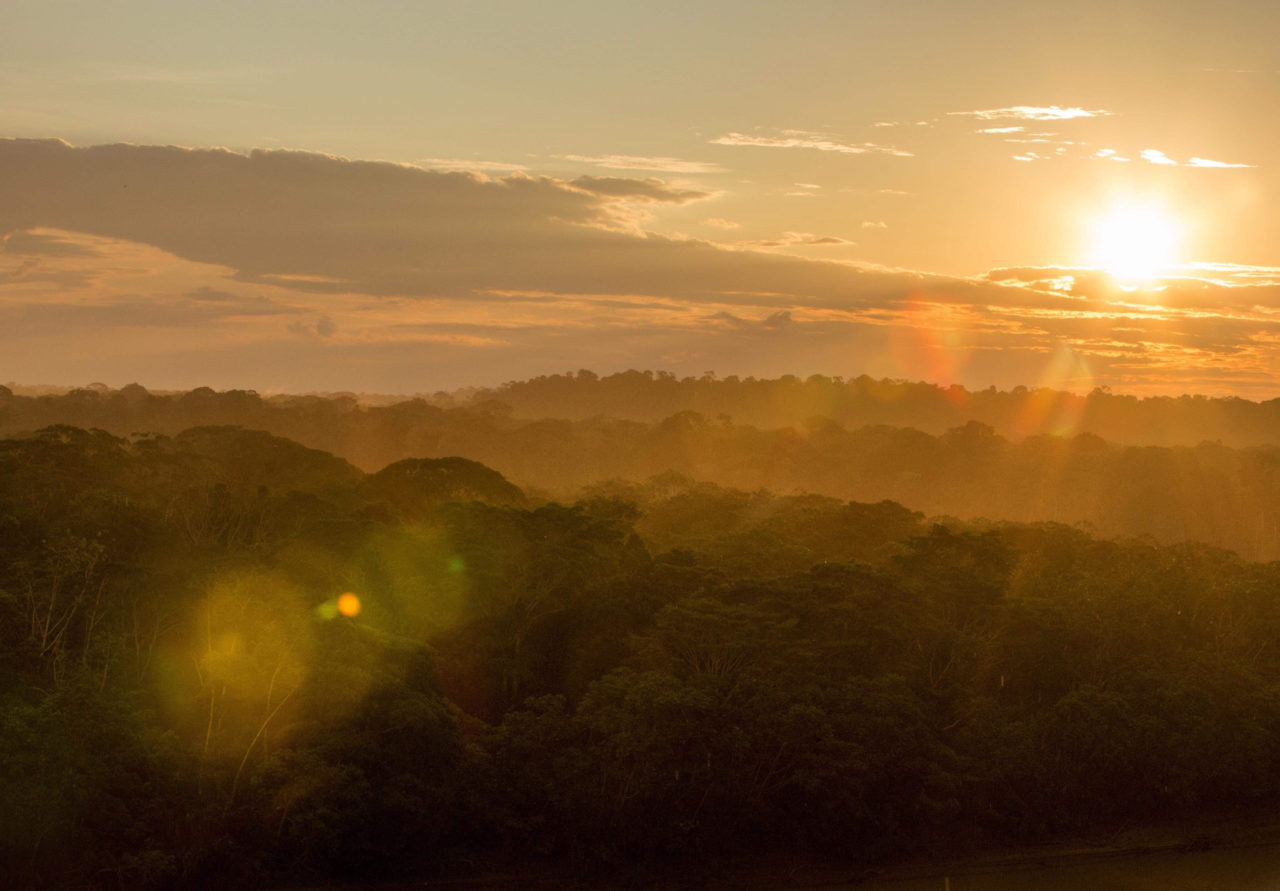
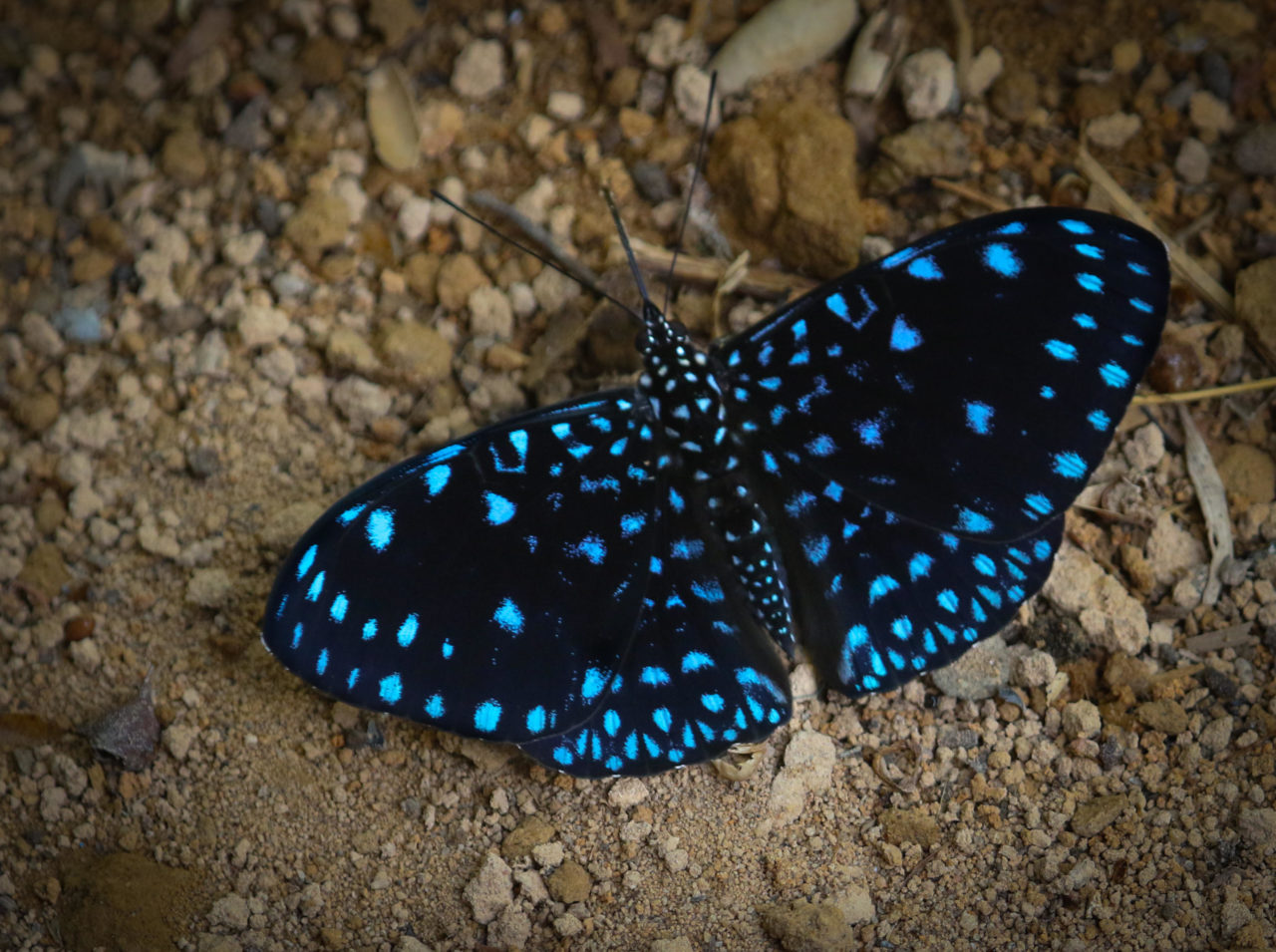
Photos by Paul Rosolie

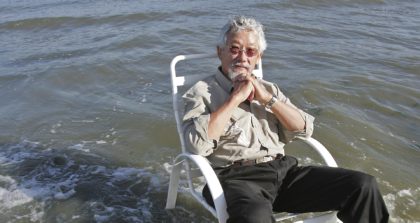
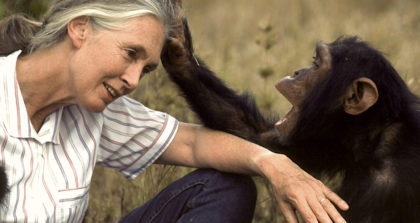
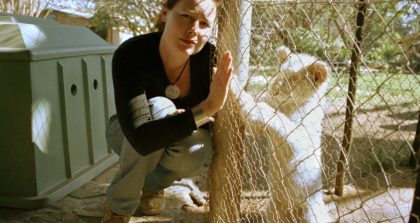
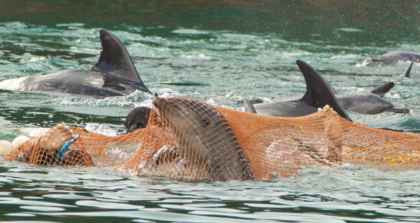

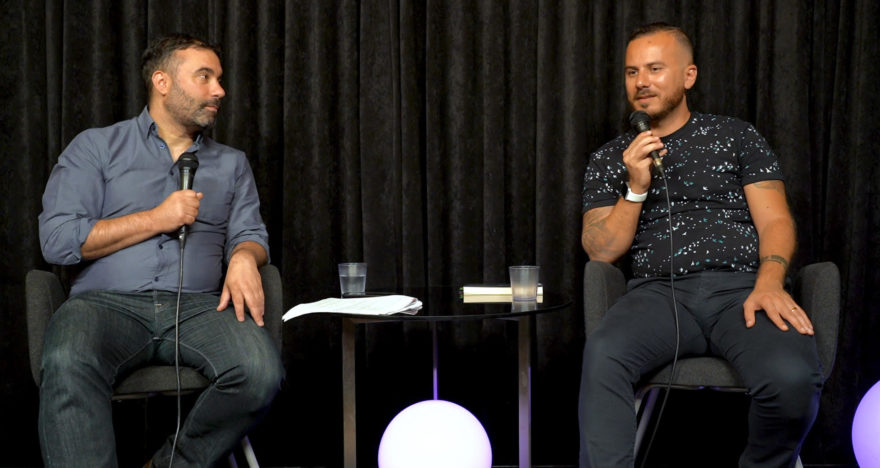
View Comments
No Comments (Hide)